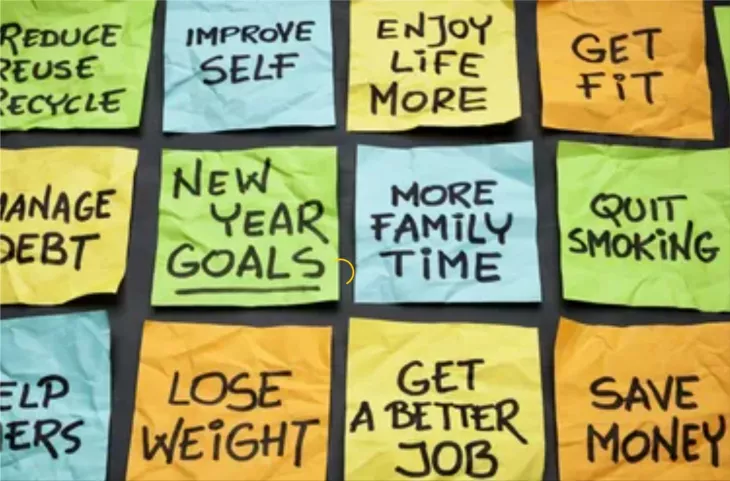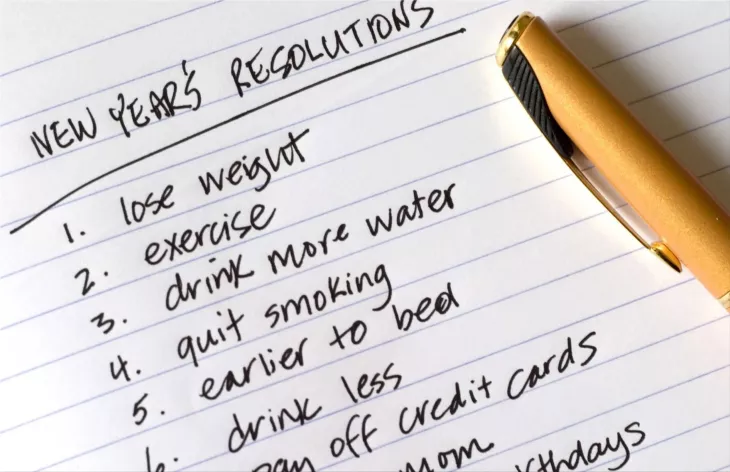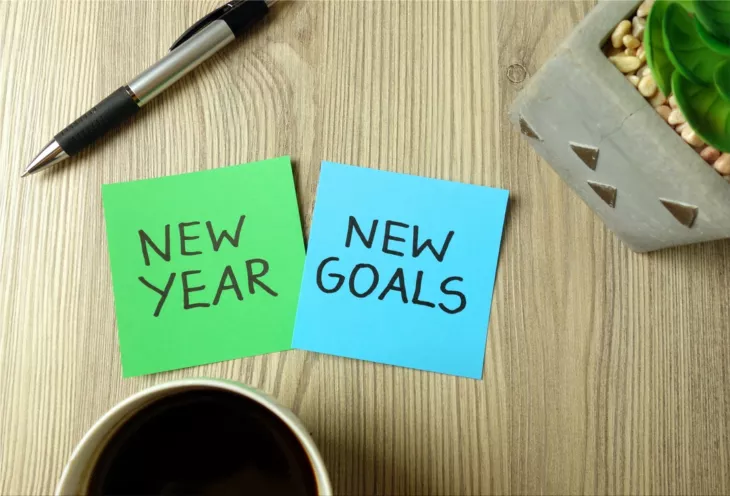We frequently ascribe our failure to keep our resolutions at the start of the year to a lack of willpower. However, the science behind establishing new habits is far more complicated. We can use numerous tried-and-true methods to develop new good habits or break old ones.
Researchers observed that certain critical occasions in time, such as a birthday, a new month, or a new year, encourage us to make changes and engage in what scientists call "aspirational behavior," in a study quoted by atlasbiomed.com. Who hasn't heard the already-cliched phrase "beginning on Monday"? Specialists have observed that in such moments, we establish a gap between the present and former selves, allowing us to analyze the habits we want to adopt and those we want to leave up.
And, because 2023 has only just begun, it is natural to look forward to this new year to do things differently and better. Resolutions are frequently habits that we wish to form, which is why we need to understand what they are and how habits form.
A habit is created when an activity is repeated in a particular situation. Habits develop through time and repetition. You've developed numerous automatisms throughout your life, such as putting on your seat belt while getting into the car or checking your phone first thing in the morning.
When new brain pathways are formed, habits emerge. Fortunately, the human brain is plastic, which means it responds to behavioral changes by replacing old neural connections with new ones. In other words, repetitive behaviors can "mold" your brain.
There is a widespread belief that it takes 21 days to form a new habit; however, this is not an exact science. Some people may start a new routine in 21 days, while others require much more time. The time it took for a habit to become automatic in a study of 82 people ranging from 18 to 254 days.
Researchers discovered that simply positively defining your aim will boost your performance and tenacity. This demonstrates the significance of thinking while making a change.
Assume you wish to stop smoking in the new year. One method to ensure success is to consider the money you'll save and the health benefits you'll receive. On the other hand, if you perceive smoking as a loss and believe you will gain weight or stop socializing with other smokers, you will fail miserably.
In his best-selling book "Tiny Habits," behavioral scientist BJ Fogg suggests a technique known as habit overlap. In summary, Fogg recommends attaching a new habit to an existing one. You will have a better chance of succeeding this way. For example, if you drink coffee every morning, you can incorporate another habit, such as eating a banana.
The temptation technique entails linking the things you enjoy with the ones you must accomplish. Watch your favorite show while doing the dishes, making your bed, or doing some minor physical activity. While sorting tedious emails or studying for an exam, have an excellent cup of coffee. While running, listen to an engaging podcast.
Experts believe that motivation is crucial when developing a new positive habit, whether it is sports, eating healthy, meditating, or writing in a notebook. It is about "implementation intention" or just making a plan.
Simply writing down when and where this new action will take place increases your odds of it happening. For example, record the time, location, and duration of your meditation sessions in your diary: "10-minute meditation session, at home, after lunch, at 1:50 p.m."
You can't control what you can't measure, so make sure your objectives can be tracked and quantified. Vague goals, such as "I want to become in shape," are a prescription for resolving failure. To improve your prospects, you must define your goal more explicitly.
Consider what "fit" means and how you can achieve it. "I will run X times per week" is a better resolution. You can also include timelines for each stage of your program. For example, instead of stating your resolution "to eat healthier," you should make precise targets such as "to consume three servings of veggies a day." Clear goals allow you to track your progress, which will motivate you afterward.




















